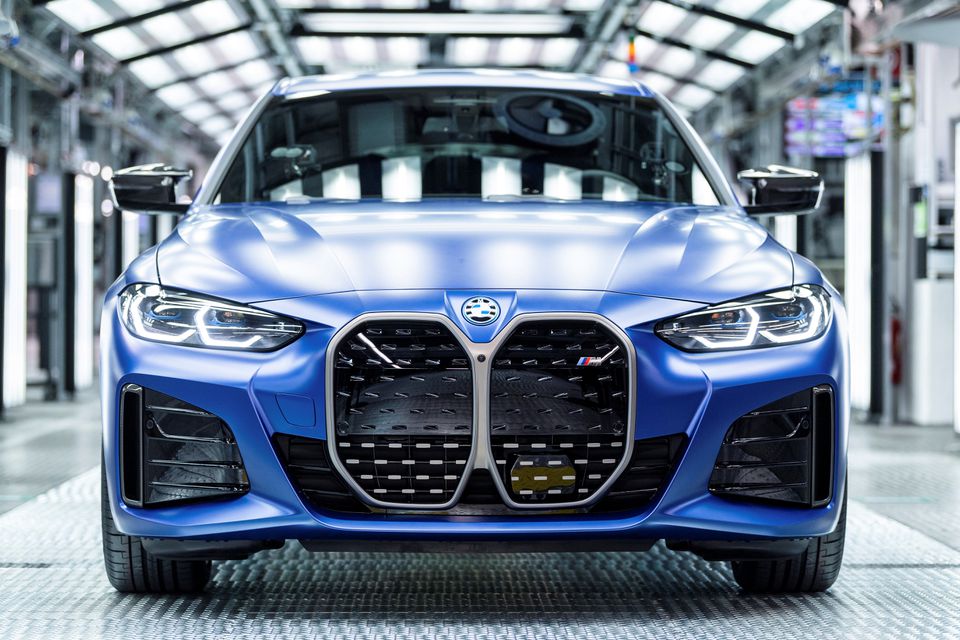BERLIN, Jan 10 (Reuters) – BMW (BMWG.DE) fourth-quarter group sales rose 10.6%, the carmaker said on Tuesday, helped by easing supply chain bottlenecks in a year that has been plagued by war in Ukraine and lockdowns in China.
Full-year deliveries were down 4.8%, with Europe and China hardest hit by supply chain troubles that curbed output, particularly in the first half of the year.
But sales bounced back in the fourth quarter as the group rejigged supply chains in Europe and lockdowns were lifted in China. Sales grew 10.9% and 12.7% year on year in Europe and China respectively.
Deliveries in the United States were more stable, falling by only 1.3% for the year, with a boost from fourth-quarter growth at 11.1%.
Sales of fully electric vehicles also performed well, more than doubling to 215,755 over the year.
“We are confident we can build on this success in 2023, as we continue to see particularly high order intake for our fully electric models,” said Pieter Nota, management board member responsible for customer, brands and sales.
BMW weathered the early days of the COVID-19 pandemic better than competitors, achieving record sales in 2021. Though 2022 was more problematic, it has so far offset the drop in sales volumes with higher prices.
The carmaker now plans to to move to a direct sales model in 24 European markets, with agents acting as sales representatives, it said in Tuesday’s trading update.
The aim is to reach out to “new, online-savvy customer target groups”, it added.
The company’s Mini car brand will be sold through this business model from 2024, with the BMW brand to follow in 2026, the company said.









